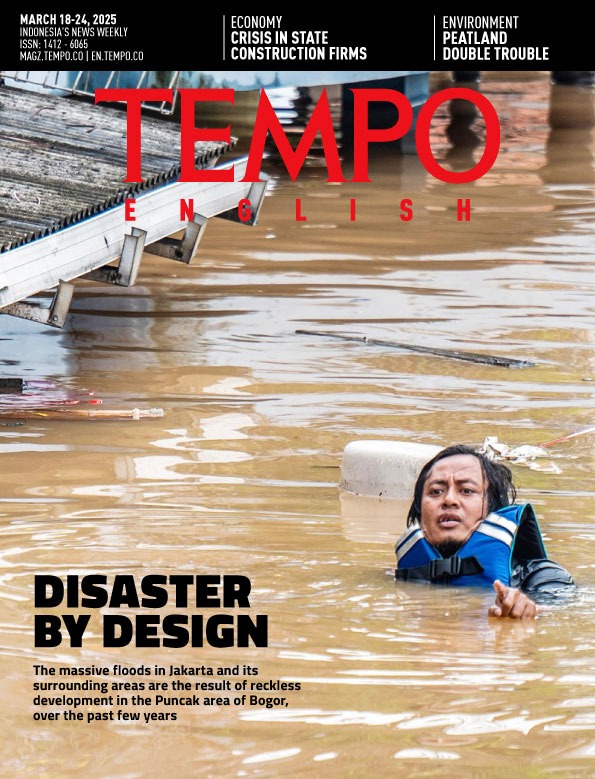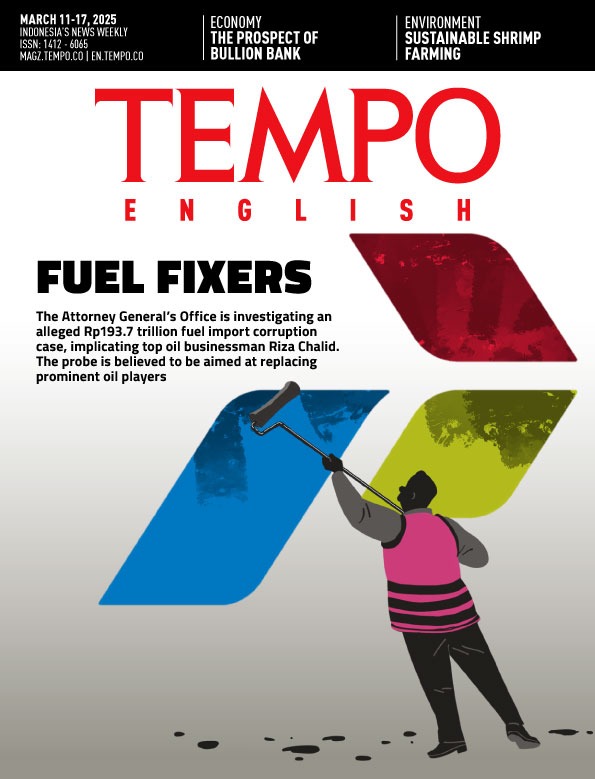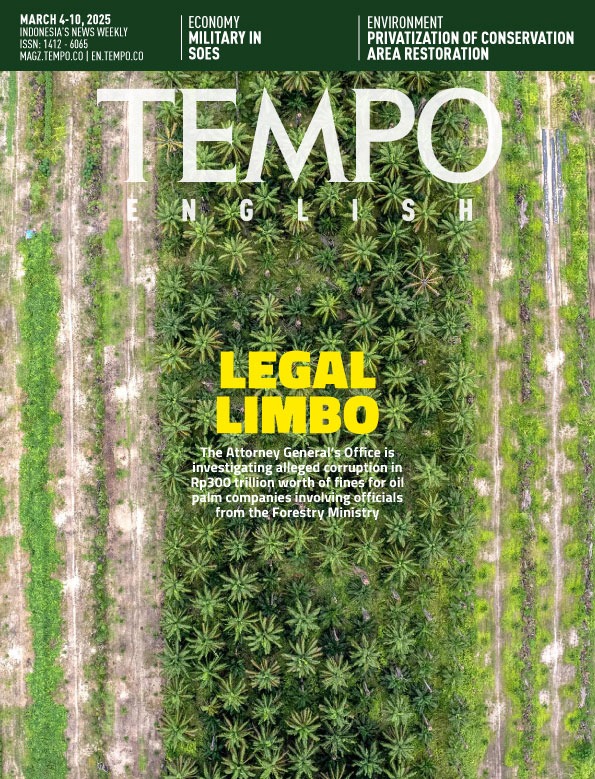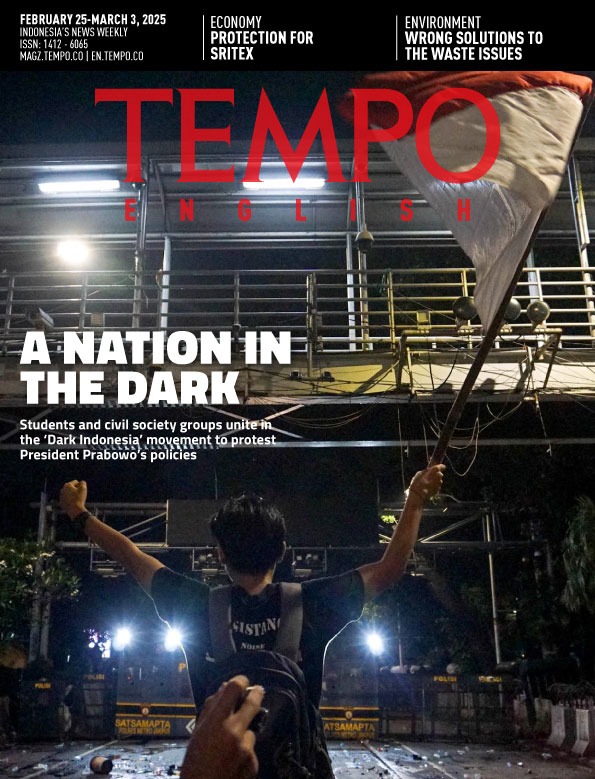Mohammad Mahfud Md., Coordinating Minister for Political, Legal and Security Affairs: Separatism Is Worse Than Radicalism
Tuesday, October 29, 2019
arsip tempo : 174228715533.
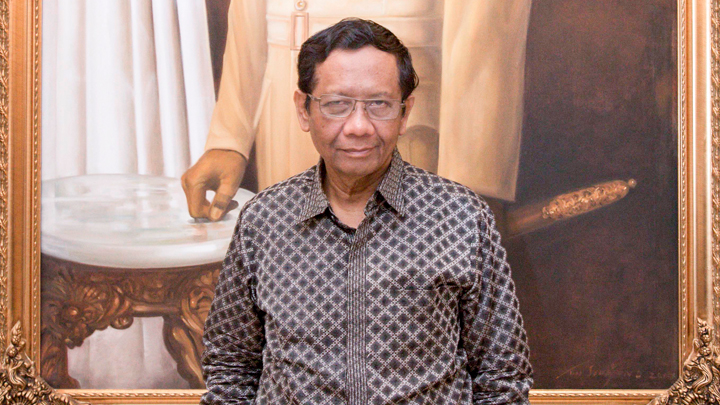
AFTER the ceremony, with his wife, Zaizatun Nihajati, Mahfud went to his new office in Jalan Medan Merdeka Barat in Central Jakarta for the handover of duties from his predecessor, Wiranto. Mahfud was astonished to see Wiranto at the ceremony as the latter was still being treated for his stab wounds from the incident in Pandeglang, Banten on October 10. “I was really touched that I could do the handover directly with Pak Wiranto,” Mah
...
Subscribe to continue reading.
We craft news with stories.
 For the benefits of subscribing to Digital Tempo, See More
For the benefits of subscribing to Digital Tempo, See More





